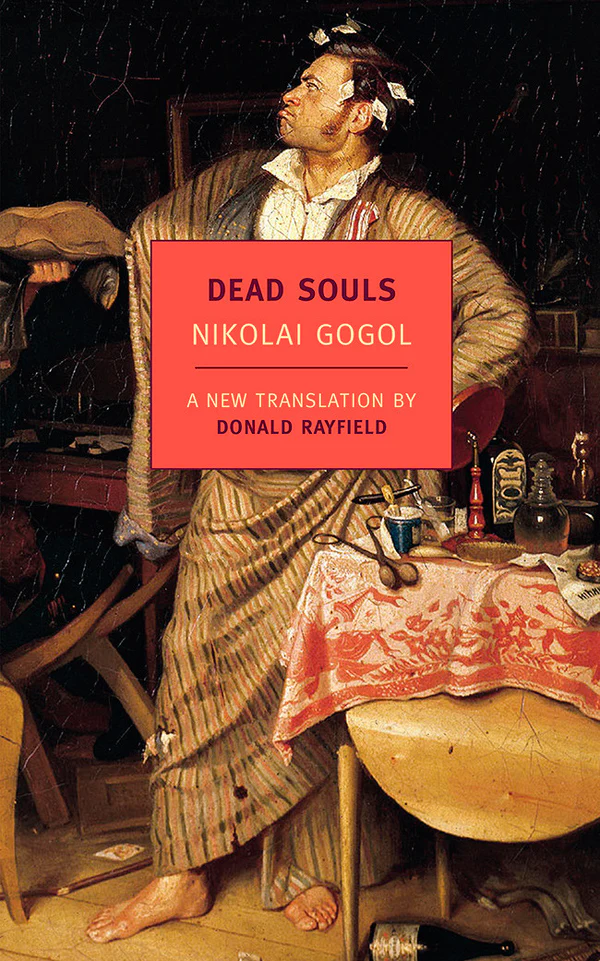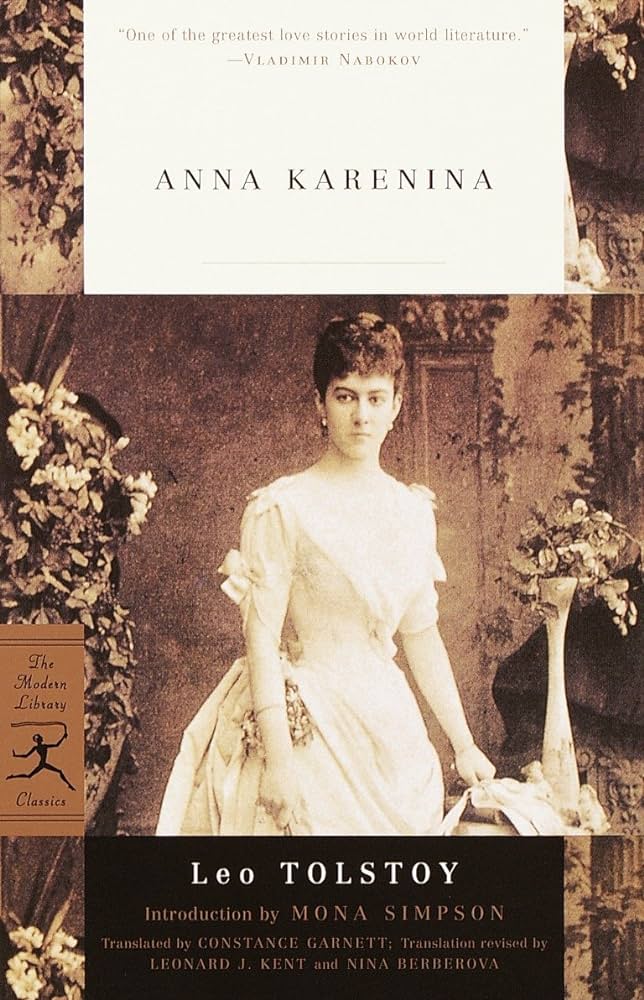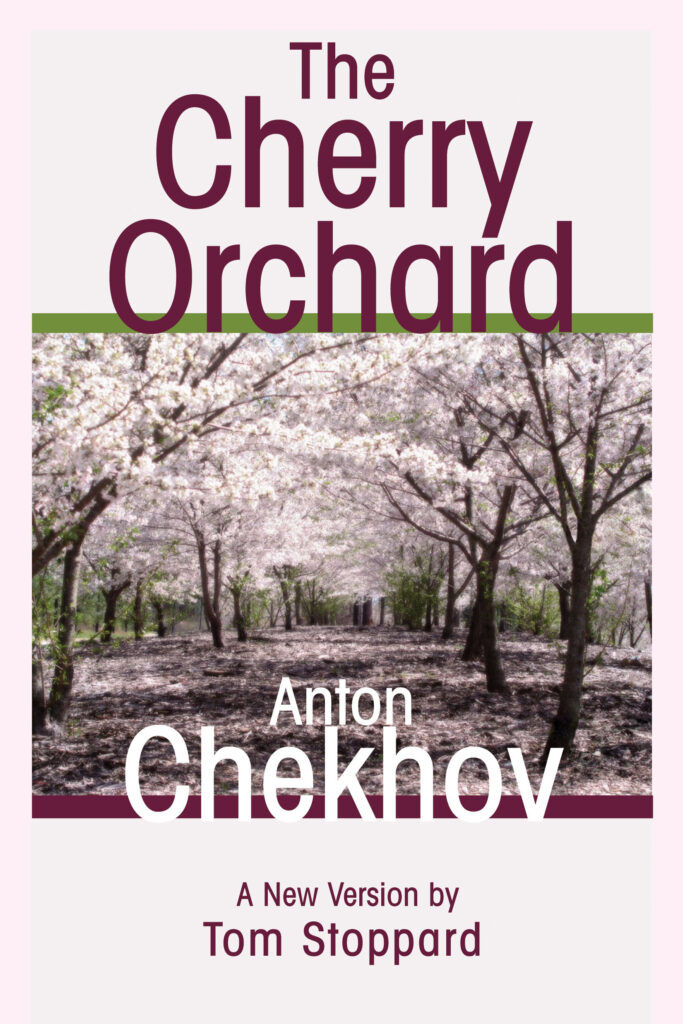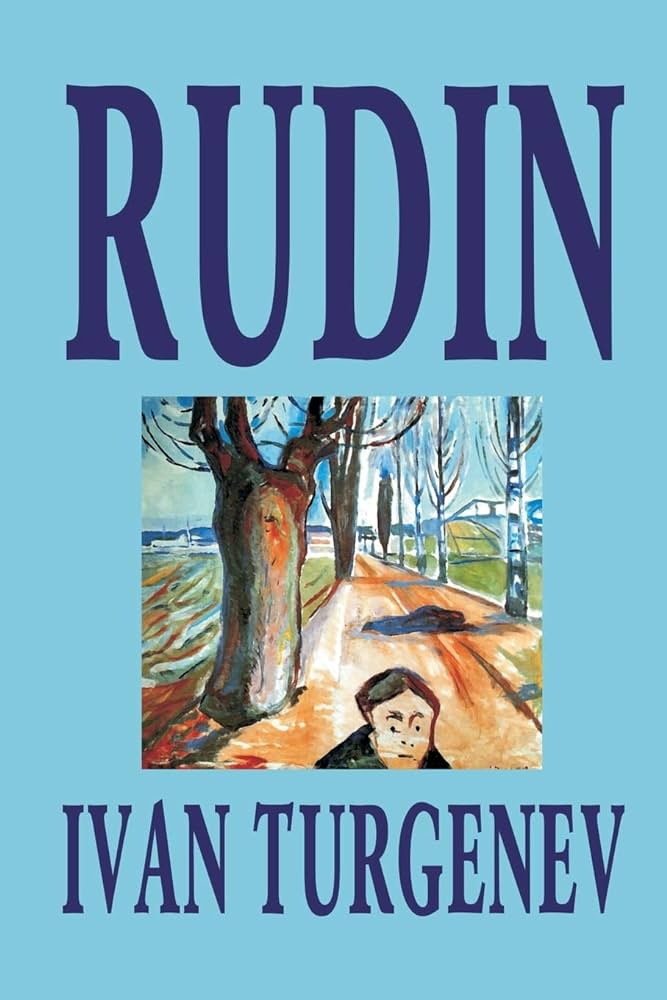If you have been afraid of delving into the legends of Russian Literature, our author will guide you to 5 of the best Russian classics you can pick up before the year ends!
Russian literature can make you burst into tears of joy or gleeful laughter; it can make you a sceptic or turn you into a believer – the possibilities are infinite. What’s definitive about them, however, is an aura of brilliance in these voluminous tomes that shines far beyond the gritty realities of life they portray. They reflect how no adversity is greater than life itself and that there is light, even amidst the shadows, while the shadows lurk behind the glimmer.
Russian classics have always meant more to me than mere ‘literature.’ I’ve opened many of these books, but seldom have I closed any (for it is impossible to do so)! They have become an integral part of me, and the lifelike characters have swiftly transformed into friends, family, and even adversaries. They have acquainted me with my own self more intimately. For example, when you meet characters like Ivan Ilyich (from Tolstoy’s Death of Ivan Ilyich), you’ll be filled with an immense desire to not just live but to truly feel alive. Similarly, when you encounter ‘the dreamer’ from Dostoevsky’s White Nights, you feel both hope and hopelessness simultaneously.
However, what truly renders these classics timeless, transcultural, and universal is their profound realism, enriched by satire. Most importantly, they humanely depict the moral depravity that plagued humans centuries ago and continues to plague them today. Here’s a list of 5 Russian classics to get you started:
Dead Souls by Nikolai Gogol

Gogol is infamous for burning the second volume of Dead Souls, retiring to sickness and then eventually passing away without concretely concluding the book the way he wanted. There are many speculations about the eventual ending of the book. Similarly, there are endless rumours about the probabilities as to why the book was burned, but the more important question is, why read a decades-old book that does not even have an ending? The latter, ironically, is one of many charms of the book, leaving you to ponder many questions and speculations.
Dead Souls is a biting and hilarious satire set in 19th-century imperial Russia. It documents the life of Chichikov, who, like an enigma, enters the lives of several people and tries to buy ‘dead souls’ in order to improve his ‘image’ and ‘stature’ in society. Picture a landscape adorned with sprawling estates and eccentric landowners, each more curious than the last. Chichikov’s journey, while driven by a seemingly obscure mission, becomes a vehicle through which Nikolai Gogol paints an elaborate portrait of Russian society plagued by myriad vices – greed, lust, arrogance, gluttony – all set amidst the backdrop of a rapidly changing world.
Anna Karenina by Leo Tolstoy

Leo Tolstoy’s name is etched not only in the annals of Russian literature but also in the hearts of readers across the globe. He is, without a doubt, one of the finest wordsmiths to have ever graced the world of letters. Reading a Tolstoy story or novel is no less than a spiritual escapade; his sceptical and naïve characters are facets of his own self, sometimes reflecting his own spiritual transformation. Yet, Tolstoy does not merely dwell in the realm of personal transformation. He navigates the intricate politics of spiritual awakening, using this intellectual sphere as a lens to scrutinise the distorted essence of the world. Through his words, he lays bare the world’s twisted nature, positing that redemption lies only in a dual reformation—ideological and spiritual.
Anna Karenina is a multilayered portrait of the suffering of a woman stuck in a patriarchal world wherein a woman is always an outsider, a spectator. Here, only those who conform to the dominant ‘idea’ and ‘rules’ regarding how an ideal woman should survive in this flea-invested carnival of hypocrisy survive; here, women are as much an enemy of the other women as men are. Anna is this caricature of a depraved woman who falls in love with another man as she was never loved by the one she married. Anna Karenina, despite the suggestion in the title, is not merely about Anna but Levin (a foil to Anna), the latter accounting for the experience of a male stuck in a society where his views are too outdated or, in some respects, feminine as they challenge popular narratives that ground a certain time period.
The Cherry Orchard By Anton Chekov

Anton Chekhov, a literary luminary of the late 19th and early 20th centuries, was a master of brevity and subtlety in his writings. With the stroke of his pen, he painted intricate portraits of the human condition, revealing the profound within the ordinary. Chekhov’s stories are like windows into the souls of his characters, where the unspoken carries as much weight as the spoken. In the realm of literature, he is a magician of the mundane, a chronicler of life’s poignant moments, and a ‘maestro’ of the short story.
Anton Chekhov’s The Cherry Orchard unfolds as a poignant tale of the Ranevsky family, returning to their ancestral estate teetering on the brink of financial collapse. Their beloved cherry orchard – a symbol of nostalgia and bygone glory – faces the auctioneer’s gavel. Against the backdrop of societal change, Chekhov’s tragicomedy delves into the characters’ reluctance to embrace a new era, their struggles with loss, and the inexorable march of time. The echoing fall of the cherry orchard’s trees not only signifies the loss of property but the end of an aristocratic epoch, beautifully encapsulating the essence of change and the poignancy of transition.
Also Read: Yevgeny Zamyatin’s “We” (Review): The Novel that Inspired Orwell
Rudin by Ivan Turgenev

Turgenev is celebrated for his elegant prose and keen observation of the human condition. His works often explore themes of love, idealism, generational conflict, and the clash between Western European values and Russian traditions. Turgenev’s writing has a special quality; he has this knack for making you feel deep emotions and understand complex thoughts, all while keeping things simple and understated. It’s like he’s whispering profound truths to you with a gentle sense of humour and wit; you just know there’s more beneath the surface, waiting for you to discover.
Turgenev’s Rudin is one of the Russian classics that transports the readers to the intellectual and social maelstrom of 19th-century Russia. The central character – the enigmatic Dmitry Rudin – emerges as a captivating and erudite figure whose arrival in a provincial estate sets tongues wagging and minds whirring. As Rudin engages with the estate’s denizens, notably the impressionable Natalya, Turgenev weaves a yard of themes, from the clash of ideals and practicality to the intricate dance of human relationships. The novel, like a finely crafted portrait, paints the ever-evolving canvas of Russian society, revealing the personal battles of its characters amidst the backdrop of a changing cultural landscape.
Crime and Punishment by Fyodor Dostoyevsky

Dostoyevsky’s influence on the literary field is unparalleled. His psychological realism is genre-defining; the unflinching beauty and terror of his vision are piercing. He has inspired generations of writers and emotionally and spiritually moved numbers of readers across the globe. The world and the characters that he pens down are not singular to Russia despite the background they are from; the anxieties they highlight reverberate and resonate with people across the border of time and space.
In the dimly lit streets of 19th-century Russia, Crime and Punishment, one of the Russian classics, unfurls the gripping tale of Rodion Raskolnikov, a penniless yet brilliant student. He’s not your average protagonist; Raskolnikov believes in a twisted notion of moral superiority, leading him to commit a murder he considers justified. The novel takes us deep into the labyrinth of his conscience as he grapples with guilt and the weight of his actions. Amidst the backdrop of a morally complex society, Raskolnikov encounters a diverse cast of characters, each reflecting a facet of humanity’s intricate design. Dostoevsky’s masterpiece probes the depths of morality, justice, and the human psyche, offering readers a profound and enduring exploration of these universal themes.

